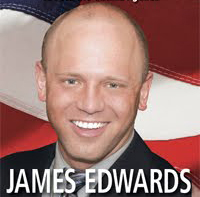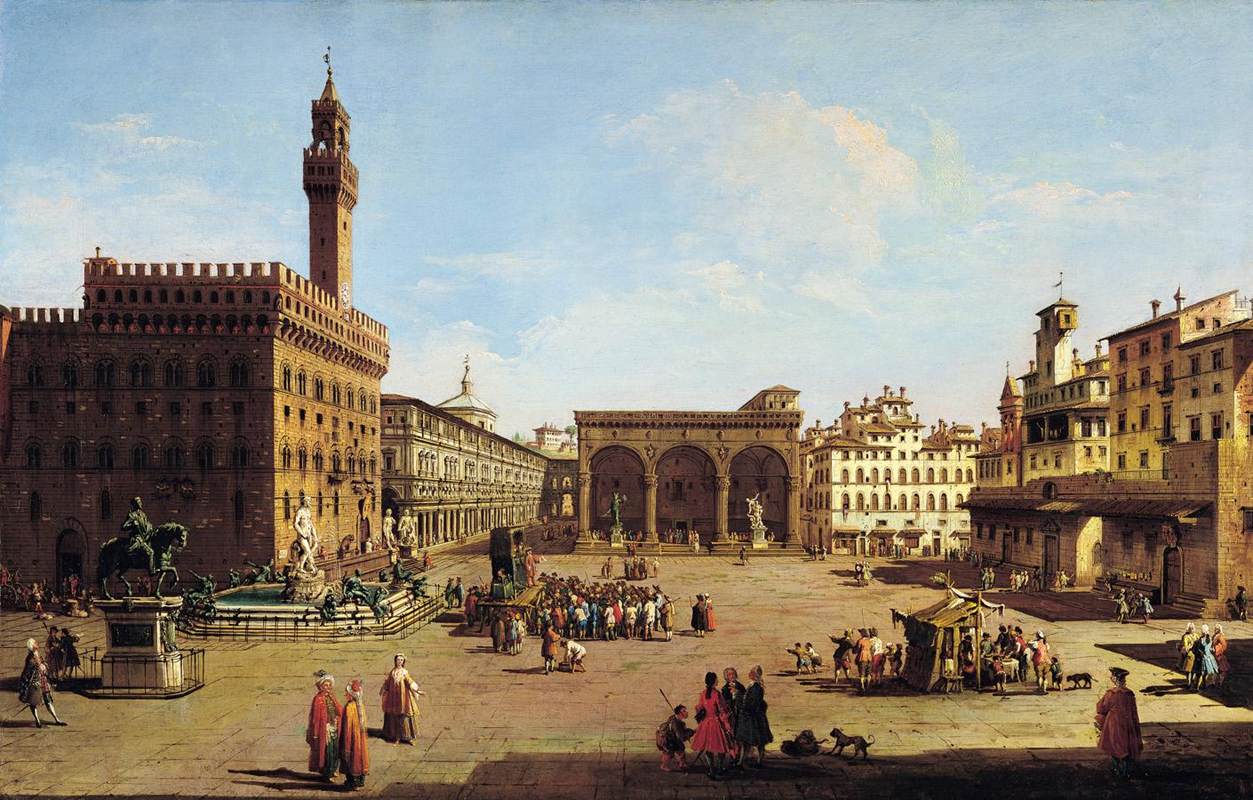Giorgio de Chirico
L’enigma di una giornata (II) ~ 1914
Museo d’arte contemporanea dell’Università di San Paolo
Author: C .T.
 American white nationalists are pathetic. James Edwards for one is boasting his Christianity in today’s featured article at The Occidental Observer completely ignoring the fact that Jack Frost and Tom Sunic have demonstrated in that very webzine that the Christian problem is far, far more serious than the Jewish problem itself. Just compare Edwards’ silly article with my latest post about what Uncle Adolf said of our parents’ religion…
American white nationalists are pathetic. James Edwards for one is boasting his Christianity in today’s featured article at The Occidental Observer completely ignoring the fact that Jack Frost and Tom Sunic have demonstrated in that very webzine that the Christian problem is far, far more serious than the Jewish problem itself. Just compare Edwards’ silly article with my latest post about what Uncle Adolf said of our parents’ religion…
Why are Europeans so prone to individualism? Why are they less concerned about kinship? Professor MacDonald explained last month the complex issues of population genetics. “This is the toughest intellectual problem there is; psychology, studying Jews is easy by comparison.”
Fortunately, there’s now a huge amount of research to crack the annoying cipher:
https://youtu.be/7ZLD31C3cdE
Postscript of November 19:
Population genetics is an important piece of the jigsaw puzzle but it doesn’t explain everything. Always keep in mind Frost’s response to MacDonald about the “Christian axiology” piece in the puzzle.
“I’m going to march arm and arm down the street with sandniggers and talk about how open minded I am about this great religion of peace, Islam.” —direct quote from faggot Frenchy right before his head was lopped off by a kebab.
I stole this hilarious satire from The Daily Stormer, but some of the 1500+ comments in that site and elsewhere may be confusing.
The facts are simple: the jihad attack was ultimately caused by “altruist” policies of open borders throughout the West after the fair race lost the Second World War. Christian / Neochristian axiology is the poisoned arrow behind the masses of immigrants into the West, including Muslim invasion in France by the millions.
Cuckasians / cuckasoids!
Another thread on The Daily Stormer is the best I’ve seen as to date regarding the cuckasian Frenchmen and Frenchwomen who have allowed this.
United States
“In many ways, America is simply a bad European idea.”
Night of 17th-18th July 1941
National Socialism and religion cannot exist together—No persecution of religions, let them wither of themselves—Bolshevism, the illegitimate child of Christianity.
When National Socialism has ruled long enough, it will no longer be possible to conceive of a form of life different from ours. In the long run, National Socialism and religion will no longer be able to exist together.
On a question from C. S., whether this antagonism might mean a war, the Fuehrer continued: No, it does not mean a war. The ideal solution would be to leave the religions to devour themselves, without persecutions.
But in that case we must not replace the Church by something equivalent. That would be terrifying! It goes without saying that the whole thing needs a lot of thought. Everything will occur in due time. It is a simple question of honesty, that’s what it will finally boil down to.
The heaviest blow that ever struck humanity was the coming of Christianity. Bolshevism is Christianity’s illegitimate child. Both are inventions of the Jew. The deliberate lie in the matter of religion was introduced into the world by Christianity.
Bolshevism practises a lie of the same nature, when it claims to bring liberty to men, whereas in reality it seeks only to enslave them. In the ancient world, the relations between men and gods were founded on an instinctive respect. It was a world enlightened by the idea of tolerance. Christianity was the first creed in the world to exterminate its adversaries in the name of love. Its key-note is intolerance.
Without Christianity, we should not have had Islam. The Roman Empire, under Germanic influence, would have developed in the direction of world-domination, and humanity would not have extinguished fifteen centuries of civilisation at a single stroke.
Old man and his grandson (detail)
White nationalism
“WN is simply a stepping stone
along the way, not a destination.”
—Adit
Night of 21st-22nd July 1941
Similarities between Germany and Italy—Dante and Luther—Delightful Italian towns—Rome and Paris.
Luther had the merit of rising against the Pope and the organisation of the Church. It was the first of the great revolutions.
And thanks to his translation of the Bible, Luther replaced our dialects by the great German language! It’s remarkable to observe the resemblances between the evolution of Germany and that of Italy. The creators of the language, Dante and Luther, rose against the oecumenical desires of the papacy. Each of the two nations was led to unity, against the dynastic interests, by one man. They achieved their unity against the will of the Pope.
The Italian people’s musical sense, its liking for harmonious proportions, the beauty of its race! The Renaissance was the dawn of a new era, in which Aryan man found himself anew. There’s also our own past on Italian soil. A man who is indifferent to history is a man without hearing, without sight.
Such a man can live, of course—but what a life? The magic of Florence and Rome, of Ravenna, Siena, Perugia! Tuscany and Umbria, how lovely they are! The smallest palazzo in Florence or Rome is worth more than all Windsor Castle. If the English destroy anything in Florence or Rome, it will be a crime.
I’ve seen Rome and Paris, and I must say that Paris, with the exception of the Arc de Triomphe, has nothing on the scale of the Coliseum, or the Castle of San Angelo, or St. Peter’s. These monuments, which are the product of a collective effort, have ceased to be on the scale of the individual. There’s something queer about the Paris buildings, whether it’s those bull’s-eye windows, so badly proportioned, or those gables that obliterate whole façades. If I compare the Pantheon in Rome with the Pantheon in Paris, what a poor building—and what sculptures! What I saw in Paris has disappeared from my memory: Rome really seized hold of me.
Naples, apart from the castle, might be anywhere in South America. But there’s always the courtyard of the royal palace. What nobility of proportions!
My dearest wish would be to be able to wander about in Italy as an unknown painter.
“They are pandering cowards trying to
rationalize their cowardice.”




